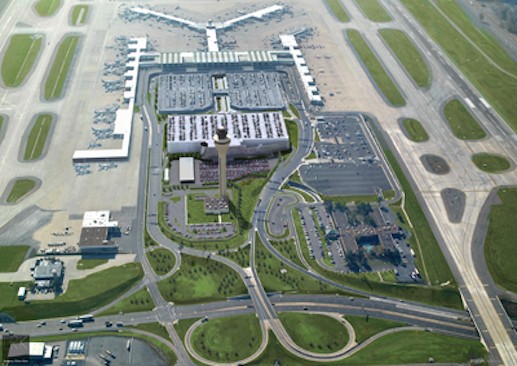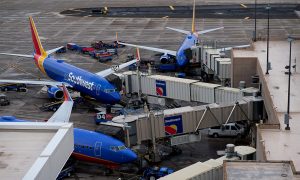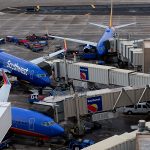At its peak last decade, Memphis International Airport, a hub for Northwest Airlines, had nonstop service to nearly 100 destinations, with six to international markets. That added up to 300 flights a day traveling through the centrally located Southern city.
But when Delta Air Lines acquired Northwest in 2007, the Atlanta-based carrier began consolidating operations. Northwest had hubs in Minneapolis, Detroit and Memphis, while Delta’s hubs were Atlanta, Cincinnati and Salt Lake City, so something had to give.
So in June 2013, the carrier announced plans to de-hub Memphis, or scale back its operations to something more reflecting the service the city required.
Because the airport had never needed to work to bring in new air service, it had to focus its efforts in a new direction.
Moreover, it needed to reassure a community that includes six Fortune 1000 companies — FedEx, AutoZone, International Paper Co., ServiceMaster, Mueller Industries and Fred’s — that flights would not suffer.
The move came as airlines were cutting back flights in the aftermath of the Great Recession. This, in turn, had many airports going after a shrinking service pie.
Cities such as St. Louis, Pittsburgh and Cincinnati already had been through the dehubbing process, leaving empty terminals and upset local customers who had to pay more for flights. Memphis did not want to see a repeat.
Memphis officials took two key steps:
1. They created an air service development team and implemented a program that cut the cost for carriers to do business in the airport.
2. The airport also revamped its Air Service Development Program, an incentive program supporting new nonstop service in the top 50 markets. The airport boosted the funding for it from $1 million to $1.5 million, and based revenue distributions on airline need rather than aircraft size.
Since Delta’s downsizing, Memphis has attracted new service from Southwest Airlines, Frontier Airlines. Allegiant Air and OneJet, while American Airlines and United Airlines have added larger aircraft.
That has helped keep airfares in check. In March 2015, the airport reported that average domestic airfare continues to drop for local passengers, based on figures released by the U.S. Department of Transportation.
Memphis’ average airfare during the third quarter of 2014 was $456.63, compared with $487.24 in the same quarter of 2013.
The airport is spending $114 million on a major renovation project that will see the removal of the south ends of Concourses A and C, consolidation of airlines and concessions into Concourse B, which will also be modernized. The work is expected to be completed in 2020.
For story ideas, look at your local airport to see what air incentive programs are in place. (We’ve written a lot about this.) Check and see which cities your local airport is targeting for new and expanded service. See if your airport has released an economic impact study and look at the numbers. You also can check the Bureau of Travel Statistics website for traffic numbers.










